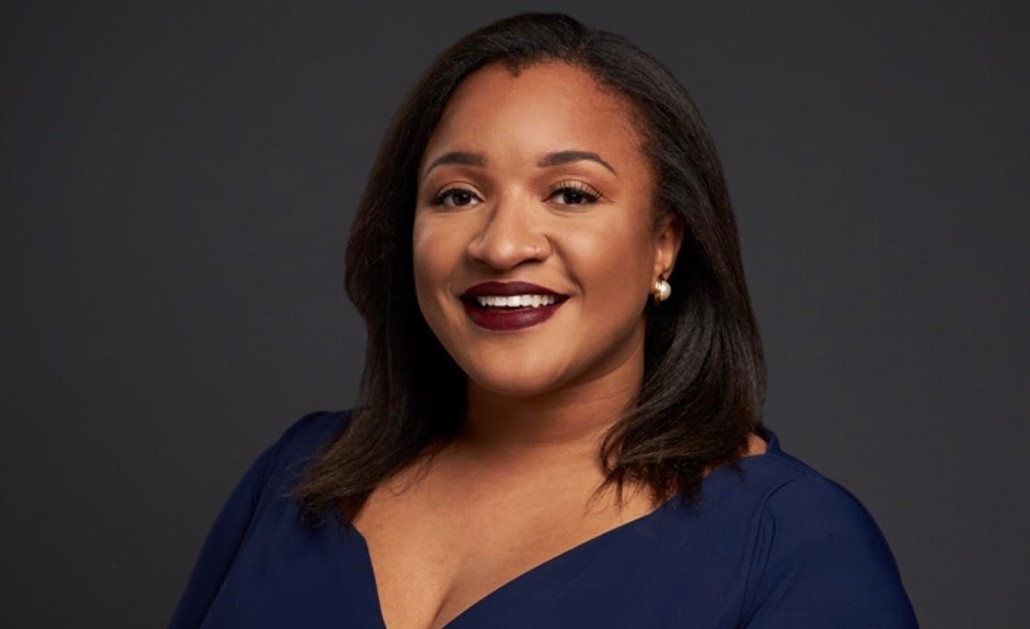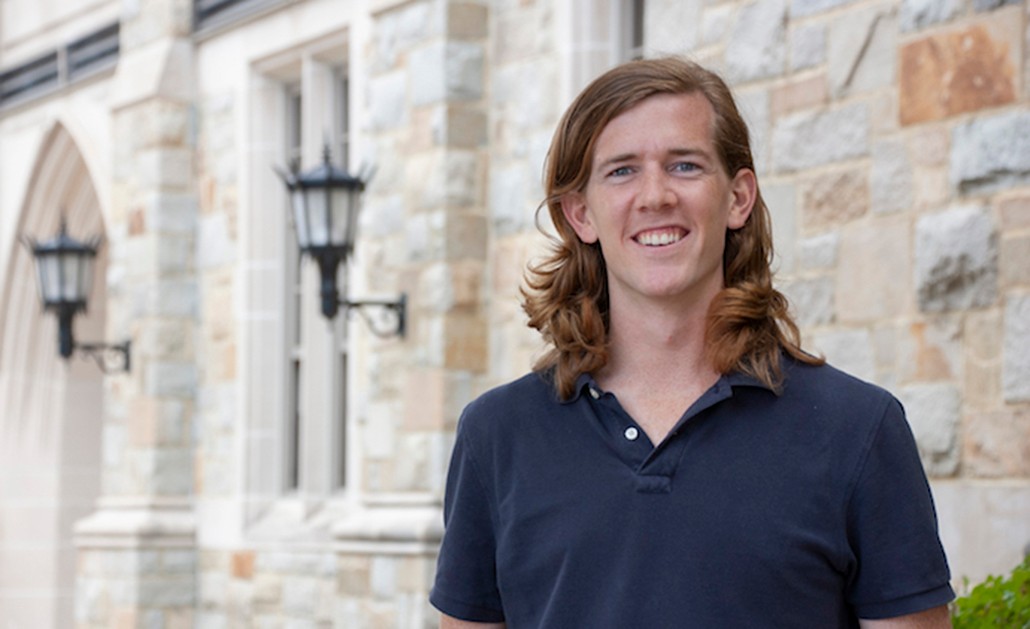O’Brien will divide his time between Gaza and the West Bank, territories in the Middle East separated from each other by Israel. He’ll draft and implement grants that provide healthcare and emergency shelter for people in Gaza who have been displaced from their homes and help farmers in the West Bank secure the money and resources they need to grow crops and raise livestock.
He says that one of the goals of the project in the West Bank is to support farmers who want to turn their livelihoods into businesses and sell their goods to customers at local markets. Al Jazeera reported in May that the novel coronavirus has crippled the agricultural industry in the West Bank, as closures imposed by the Palestian Authority to control the spread of the virus have made it particularly difficult for farmers to sell their livestock.
“I want to support their contributions to their community,” says O’Brien, “and help them get what they need to implement their vision for their small business.”
Muhammad and O’Brien say that their internship experiences at Catholic Relief Services have prepared them to excel in their fellowships for the humanitarian organization. O’Brien helped to bring clean water to families in Honduras and worked with children to teach them important life skills, such as how to save money. Muhammad helped to write three successful grant proposals in Niger, including one grant proposal that provided $125,000 to help healthcare professionals respond to the novel coronavirus in the country.
“Catholic Relief Services is such a large worldwide organization,” says O’Brien, who also served as a member of the Peace Corps in Mozambique, where he worked with community members to improve health education and reduce the spread of HIV and malaria. “Coming in with internships already under our belts and going to different parts of the world to engage with the teams there gives us a better sense how globally connected we all are.”
Muhammad and O’Brien, both of whom studied in the global field of practice, credit their classes with helping them develop the technical acumen, thoughtfulness, and compassion required to work in other countries. Muhammad says the writing assignments in “Frameworks and Tools for Global Practice” sharpened her ability to craft persuasive grant proposals. O’Brien says electives focused on the topics of gender, climate change, and public health increased his capacity to understand the nuances and complexities of any given issue.
“My professors brought a lot of challenging ideas and provided a framework that I plan to reflect on during the fellowship,” says O’Brien. “I’ll try to look at how whatever I’m doing relates to gender, climate change, and public health.”
Catholic Relief Services has found that 75 to 80 percent of fellows continue to work for the humanitarian organization after their fellowships end. Muhammad and O’Brien expressed interest in managing programs for the organization when they finish their fellowships. O’Brien says he wants to work in public health, with a particular emphasis on addressing health disparities. Muhammad says she wants to apply her skills to improve the health of women and children.
“I’m open to see where it’s going to lead me,” says Muhammad. “I’ll go wherever I can be most helpful and most useful.”



